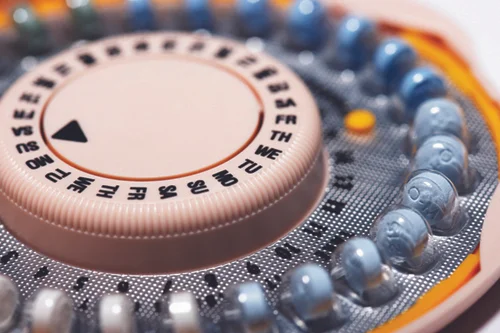If the liberal wing of Baptist life down South started naming saints, one of the first nominees would be former President Jimmy Carter.
But it's crucial to note that the man who put "born again" into the American political dictionary is Baptist, but no longer Southern Baptist. His theological views have evolved, leading to his 2000 exit from the Southern Baptist Convention. Take marriage and sex, for example.
"I think Jesus would encourage any love affair if it was honest and sincere and was not damaging to anyone else, and I don't see that gay marriage damages anyone else," Carter told The Huffington Post last year.
Plenty of Baptists agree, but have not felt free to be that candid, according to Don Durham, a former leader in the Cooperative Baptist Fellowship. For 25 years the "CBF" has served as a network for Baptists on the losing side of the great Southern Baptist wars of the 1980s. Now, Durham said, the "volume has been turned up" in behind-closed-doors CBF debates about sexuality.
"It's time to have substantive and open conversations about the genuinely difficult disagreements we have over how to organize the institutional expressions of how we will relate to sisters and brothers who happen to be gay, lesbian, bisexual, transgender or who
understand themselves as queer," wrote Durham, in an essay circulated by Baptist News Global, an independent website at the heart of Cooperative Baptist Fellowship life.
"I'm not naive. I know we will never have uniform responses to the many questions such conversations will hold -- and we don't have to. However, let's not be institutionally naive either. … There are now too many for whom our institutional expressions around LGBTQ topics are no longer tenable for us to pretend any longer that we can distract one another from that topic by focusing on all of the other things on which we agree."



